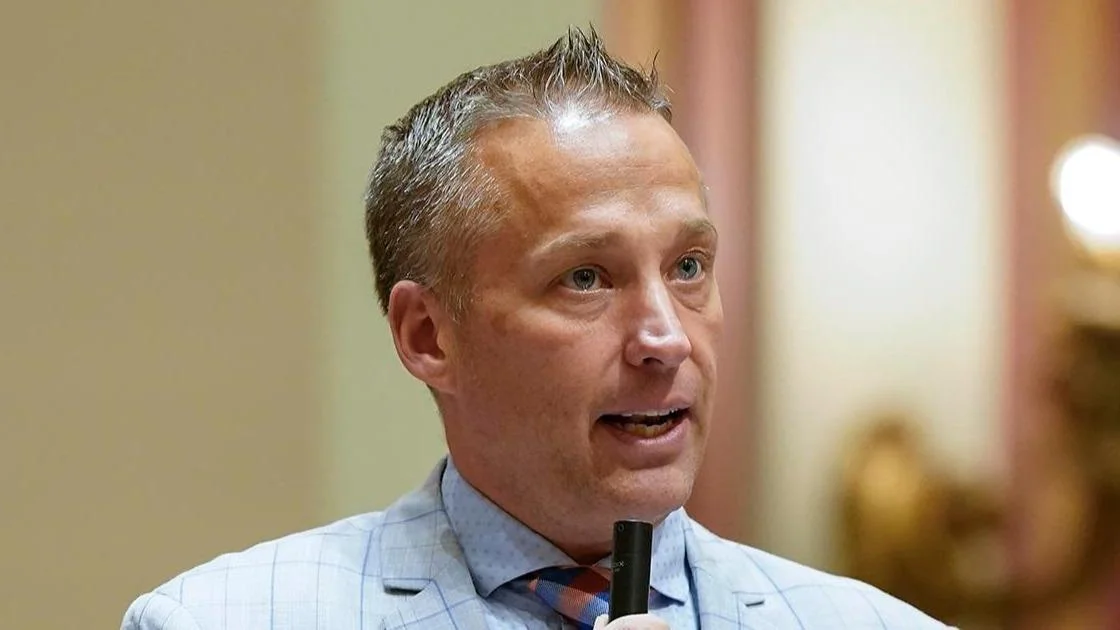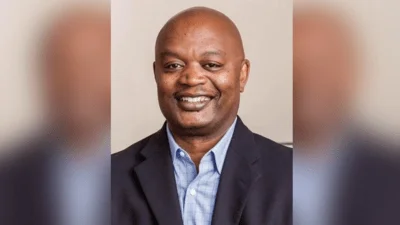Ben Bakeberg, Minnesota State Representative from 54B District | https://www.facebook.com
Ben Bakeberg, Minnesota State Representative from 54B District | https://www.facebook.com
Minnesota lawmakers ended the recent legislative session with the passage of a $66 billion state budget for 2026–27 after initially facing a projected $6 billion deficit. The session required a special return to the Capitol on June 9, following failure to meet the constitutional deadline of May 19. Legislators passed 14 bills during this special session.
The previous biennium saw a record $72 billion state budget. Lawmakers achieved what is described as the largest budget reduction in Minnesota history, though a $3.5 billion deficit remains for future sessions.
Rep. Ben Bakeberg (R-Prior Lake) commented on the situation: "Minnesota has a spending problem. There’s no rhetoric or excuse that can justify the numbers. I wish we could have reduced spending more. The state simply spends more than it brings in – despite the constant tax increases trying to keep up with it. Families and businesses can’t afford it, the state can’t afford it, and the taxpayers see diminishing benefits."
Fiscal responsibility was cited as a guiding principle during negotiations. According to Bakeberg, reducing bureaucracy and eliminating wasteful spending allowed for both cost savings and improved outcomes: "By reducing bureaucracy and eliminating wasteful spending, we not only saved money - we actually delivered better outcomes."
With Republicans holding one half of one third of state government, Bakeberg noted that compromises were necessary: "That means we didn’t get everything we wanted, but we had a seat at the table, and we used it. We passed responsible legislation and blocked more of the same failed policies Minnesotans are tired of seeing."
Education policy featured prominently this session. Bakeberg highlighted his background as a school principal and his work on education-related measures: "As a current school principal, I saw firsthand the impact of many of those failed policy decisions on our education system and workforce pipelines... That background helped shape my work this year as I focused on developing meaningful policies that provide real relief to our schools and better opportunities for the next generation entering the workforce."
Key legislative actions included:
- HF 1435 gave local school districts increased flexibility by removing requirements for state approval in innovation zone plans and P-TECH adoption.
- The Science of Reading was adopted as Minnesota’s official literacy standard.
- Funding protections were maintained for nonpublic students in homeschool, charter, and faith-based schools.
- New limits were placed on how litigation funds can be used by the Department of Education.
- Anti-fraud reforms enhanced whistleblower protections, improved grant oversight, mandated provider background checks, and increased prosecution tools for fraud in various public sectors.
- Programs such as Carts to Careers (HF 1439) expanded job skills training in food industries.
- STEM Ecosystem Grants (HF 1847) promoted hands-on science education through regional grants.
- A teacher apprenticeship pathway was created to help address staffing shortages without lowering standards.
Despite these initiatives, some concerns remain regarding final budget decisions:
- The Education Finance Bill cut $71 million from local school programs while increasing Department of Education funding by nearly $18 million.
- Most state agencies received fee increases.
- Proposals aimed at reforming mandates like Paid Family and Medical Leave were blocked.
- Efforts to address school discipline issues did not advance.
- A bipartisan proposal for an Office of Inspector General was rejected.
Bakeberg reflected on Republican efforts during divided government: "This session proved what’s possible when we lead with real solutions, even from a position of limited power... But even with those odds, we delivered real wins for Minnesota students, families, and taxpayers."
He concluded by thanking constituents: "To every educator, parent, small business owner, and community member who reached out, thank you. Your voice helped shape the work we did this year, and I look forward to continuing that work with you in the year ahead."



 Alerts Sign-up
Alerts Sign-up